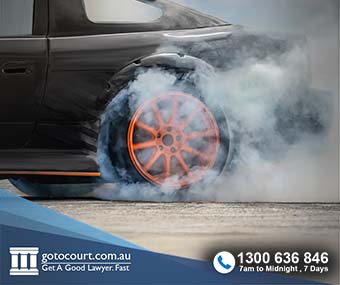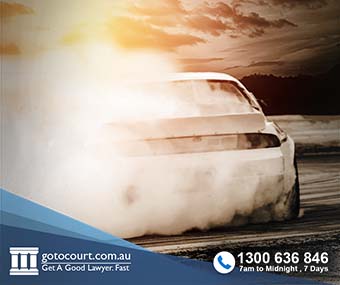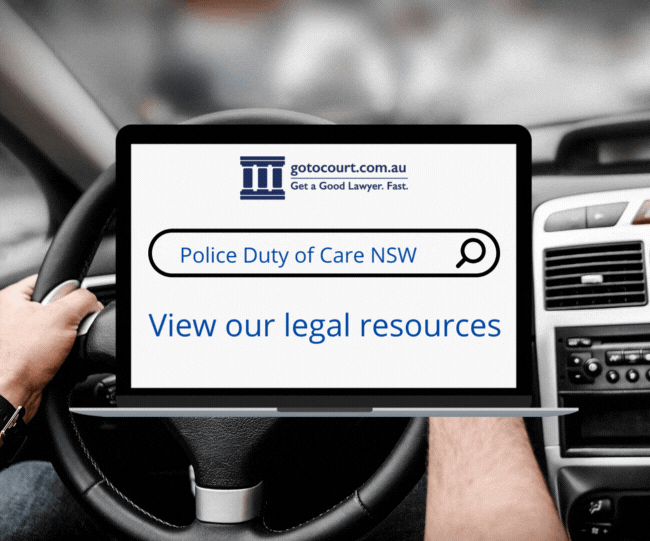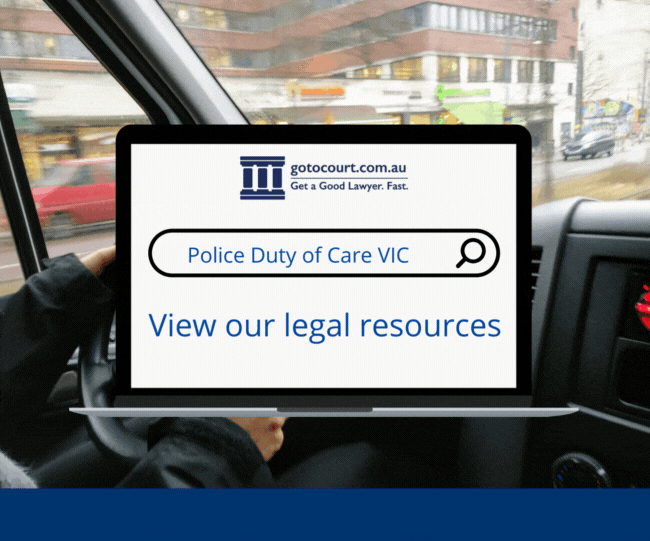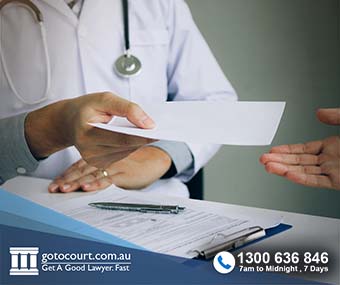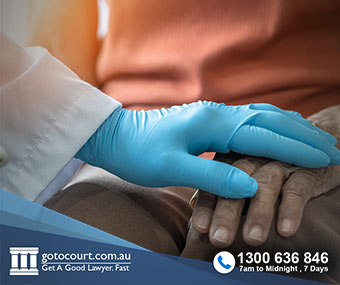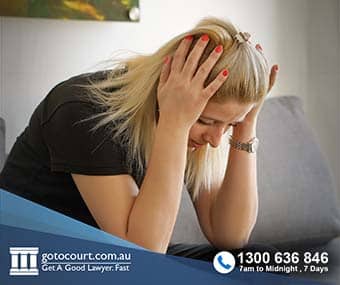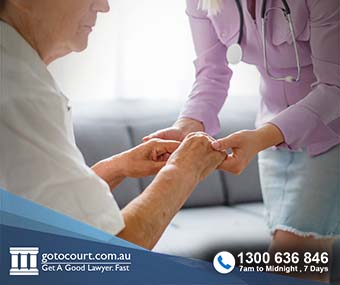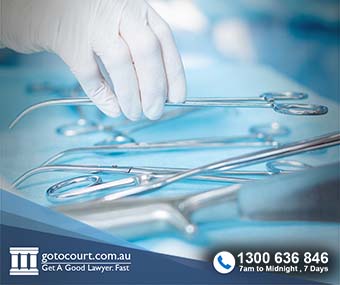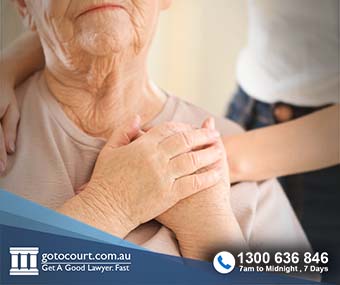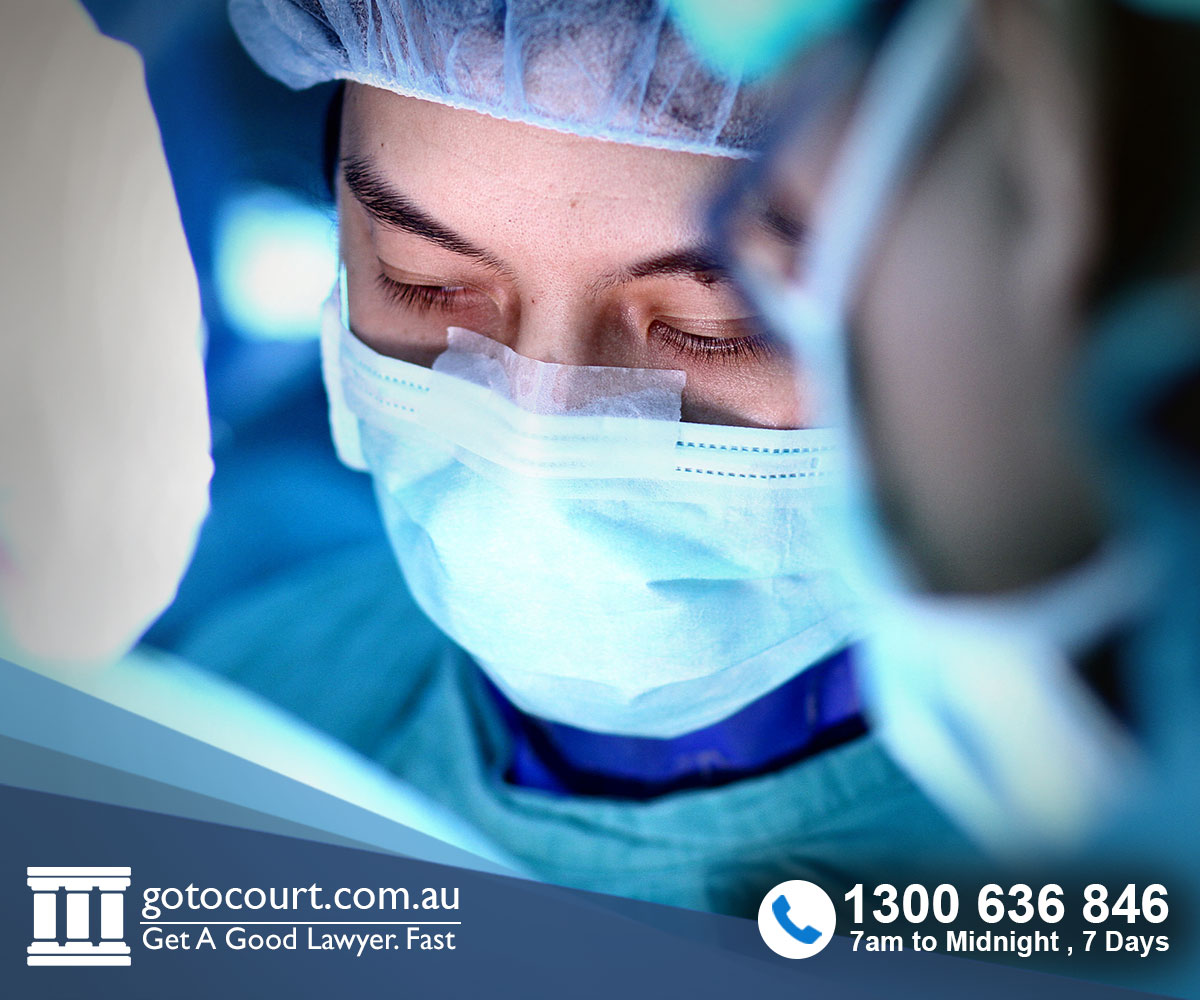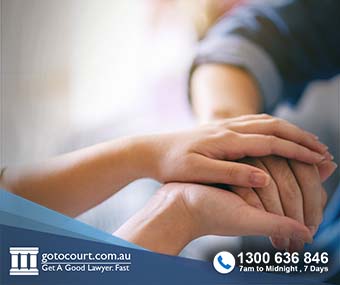Medical Negligence (SA)
Medical Negligence (SA)
A medical negligence claim can arise when a health professional causes harm to a patient because they fail to exercise a reasonable standard of care or skill. Medical negligence can cause a patient psychological or physical injury and, at worst, can result in lifelong pain and diminished capacity to work. In such cases, compensation is appropriate to help put the injured person back in the position they would have been (or as close as possible) had it not been for negligence. In South Australia, the Civil Liability Act 1936 provides a framework for negligence claims.
The key elements of medical negligence in South Australia are examined below.
Duty of care in South Australia
Certain people (especially professionals) have a duty of care to take care of people who rely upon them for care. A person with a duty of care does not have to prevent all harm occurring to a person in their care. However, a person with a duty of care is negligent in if they allow harm to occur when:
- The risk of harm was not insignificant;
- The risk of harm was foreseeable in the circumstances; and
- A reasonable person would have acted differently to mitigate the risk of harm.
Under South Australian law, an assessment of negligence depends on what a reasonable person would do, given the likelihood of causing harm, the probable seriousness of the harm, the burden it would impose to take precautions to try and avoid harm, and the social benefits of the potentially harmful actions.
Medical duty of care
All medical professionals have a legally-recognised duty of care towards their patients. Under South Australian common law, a medical professional has a higher standard of duty of care than ordinary citizens because of their superior knowledge, skills and expertise and because of the inherent vulnerability of their patients.
All medical care typically carries risk, with no absolute guarantee of safety. As such, the success or failure of treatment does not define negligence. A medical practitioner may act well within their duty of care, but treatment may still go wrong. In that case, the patient does not have a negligence claim, even if they experience injury or loss as a result of their treatment.
A medical professional only breaches their duty of care if they act unlike a reasonable person would have acted to reduce the risk to their patient. In South Australia, the standard of reasonable care is defined as that which members of the profession would find to be competent practice. For instance, it is clear evidence of medical negligence if:
- A doctor fails to adequately warn a patient about the risks of a procedure or treatment;
- A surgeon performs an invasive operation on the wrong patient or body part;
- A surgeon leaves a foreign object inside a patient during surgery;
- A general practitioner mistakenly prescribes the wrong medication, leading to serious side effects; or
- A specialist misdiagnoses a patient, leading to serious repercussions.
In that event, the patient can make a medical negligence claim for damages. These types of medical negligence are more uncommon than might be supposed. The State of Patient Safety and Quality in Australian Hospitals Report 2019 found that in 2016, there were only 60 examples of preventable, serious harm to patients in Australian hospitals.
Medical negligence claim
Medical negligence is a matter of expert opinion. During a negligence trial, both sides submit expert testimony, and the court decides which opinion carries more weight. A claimant must establish three elements to prove a claim of medical negligence:
- The defendant failed to act as a reasonably competent medical professional.
- The defendant’s failure of duty of care caused damage or personal injury to the claimant.
- The damage is compensable.
Causation
A patient must prove causation to make a medical negligence case in South Australia. That is, the patient needs to show that it was the medical professional’s breach of duty that causedthe injury. Under South Australian law, a patient must prove that they would not have suffered injury if not for the medical professional’s negligence.
Damages
When a South Australian court determines that a plaintiff has a medical negligence claim, it must make an assessment of damages. The court will review any pre-existing medical condition and determine whether the medical negligence has worsened these conditions.
The court can order compensation to cover medical treatment, a one-off payment to compensate for pain and suffering or loss of quality of life, and payment for lost earnings. If medical negligence causes death, the family of the deceased patient may be entitled to compensation.
Waivers
One issue during a medical negligence case is whether the patient was sufficiently informed of the risks associated with a given treatment. To protect themselves from potential legal action, medical professionals often ask their patients to sign a waiver of liability before administering treatment. However, patients should not be persuaded from making a claim in this circumstance, as courts are reluctant to recognise a waiver as effective in circumstances where the medical professional was clearly negligent in their duty of care.
Limitations
Under the Limitations of Actions Act 1936, the time limit to bring a medical negligence claim in South Australia is three years from the date of injury, diagnosis or advice that led to the cause of action. In exceptional circumstances, it may be possible to make a claim after this time limit lapses.
Every medical negligence case is different, with many complexities and complications. To ensure your chances of success with a claim for damages, please contact the civil law division of Go To Court Lawyers on 1300 636 846.

Affordable Lawyers
Our Go To Court Lawyers will assist you in all areas of law. We specialise in providing legal advice urgently – at the time when you need it most. If you need a lawyer right now, today, we can help you – no matter where you are in Australia.How It Works




1. You speak directly to a lawyer
When you call the Go To Court Legal Hotline, you will be connected directly to a lawyer, every time.

2. Get your legal situation assessed
We determine the best way forward in your legal matter, free of charge. If you want to go ahead and book a face-to-face appointment, we will connect you with a specialist in your local area.

3. We arrange everything as needed
If you want to go ahead and book a fact-to-face appointment, we will connect you with a specialist in your local area no matter where you are and even at very short notice.


